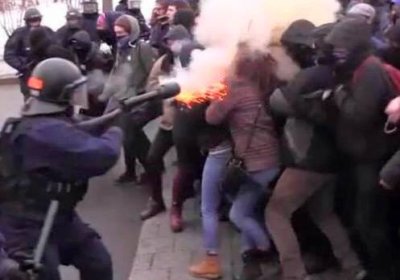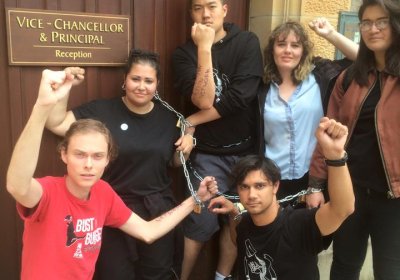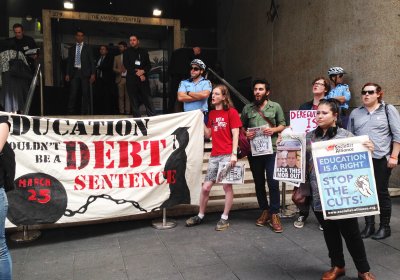Education
On March 25 university students and supporters of accessible education participated in National Day of Action rallies against the ongoing attacks on education. There were rallies in Adelaide, Brisbane, Canberra, Melbourne, Perth, Sydney, Tasmania and Wollongong.
To date, Vice-Chancellor of University of Technology Sydney (UTS) Attila Brungs has supported Prime Minister Tony Abbott's fee deregulation legislation. Last year he said fee deregulation “could have some positive impacts” and result in “teaching quality going up”. Arguing that it is positive that students finish their course with $100,000 debt is a hard sell, and Brungs felt the heat as students at UTS signed petitions calling on him to oppose it.
The Literacy for Life Foundation in partnership with the University of New England, hosted a one-day seminar on February 28 to discuss the “Yes I Can” Aboriginal Adult Literacy campaign. This campaign has achieved notable success in raising adult literacy levels in three western NSW communities, using a model originally developed in Cuba. More than 80 people have already graduated in pilot projects in Wilcannia, Bourke and Enngonia.
- Previous page
- Page 32
- Next page










